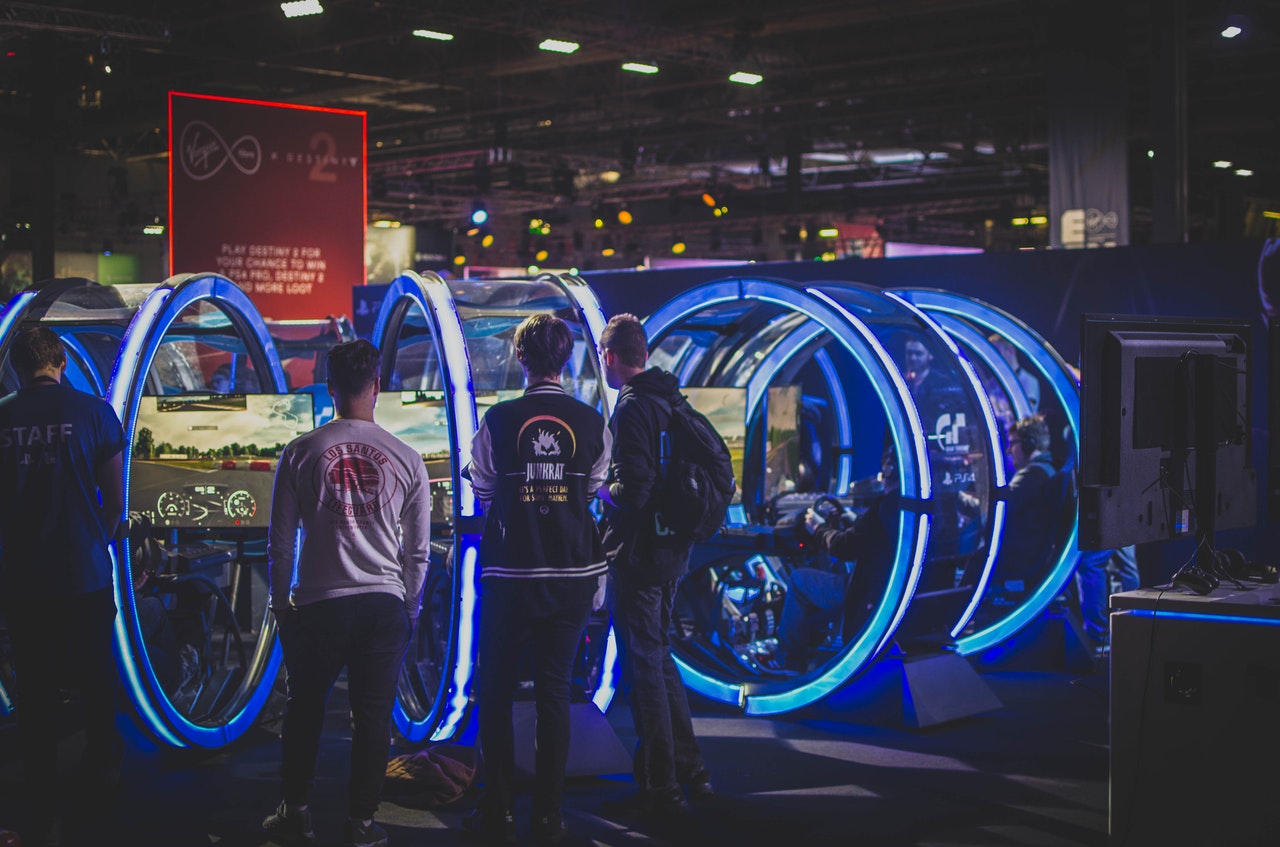From Random Games to Superhuman Computers: How Gaming Has Driven Innovation
For anyone not tracking the evolution of artificial intelligence (AI) technology, the recent news that a computer beat some top poker pros might not seem that impressive. However, when you delve into the details of what Pluribus did and how it did it, you start to realise that computers are far more advanced than we may realise.
According to the developers, Tuomas Sandholm and Noam Brown, Pluribus is capable of superhuman feats. Not only did it teach itself how to play poker, it devised its own strategies through a process of trial and error. Eventually, it beat some of the poker’s elite by a significant margin.
What’s more impressive than the win is that poker is a game of imperfect information. Therefore, to play well enough to beat the pros, a computer has to not only calculate the odds of what it knows but what it doesn’t. That’s something that could eventually lead Pluribus and AI systems like it to find cures for diseases, tackle cybercriminals and more.
Gaming Has a Rich History of Innovation
However, at this stage, it’s a bot that’s made its mark in the gaming sector. This leads us to the question: how did we get to this point? What’s unique about gaming that it spawned a supercomputer that could change the world? Well, thanks to the online revolution of the early noughties, gaming has become a breeding ground for online technology.
At its fundamental level, the industry is a product of innovation. For example, the online casino from Betfair features some obvious and some not so obvious technological masterpieces. As you scroll through the lobby, live dealer games are an obvious innovation. Using HD webcams, RFID sensors and virtual overlays, games such as Live Spin a Win allow online players to connect with physical dealers. These games not only make fantastic use of the latest streaming technology but tap into the current desire for “live action” as seen on sites such as Twitch and Instagram.
Another innovation online casinos have pioneered and refined over the last two decades is random number generators (RNGs). Powered by complex algorithms, RNGs ensure results are 100% fair. Naturally, third-party testing agencies are brought in to ensure this is always the case. However, it’s this technology that’s made online casino gaming a multibillion-dollar industry since 2000.
The Wheels of Progress Continue to Turn
From what would now be considered basic elements of the industry, casino developers have also started to play with virtual reality (VR) technology. Companies such as Playtech have and NetEnt are not created virtual casinos complete with roulette tables and even VR slot machines. From here, it’s only a matter of time before augmented reality (AR) and other extra-sensory ideas are brought into the mix.
Of course, when it comes to complexity, Pluribus trumps them all. However, it’s something that’s come from a culture of innovation. Sandholm and Brown may have ultimately, developed their AI bot without gaming being a rich source of inspiration. But one thing that’s clear is that online gaming has always been a driver of technology. This fact alone means will continue to produce new ideas and, potentially, change the world for many more years to come.

